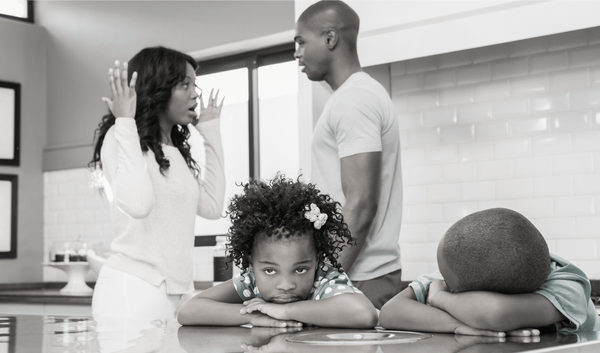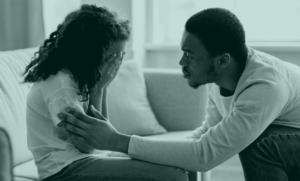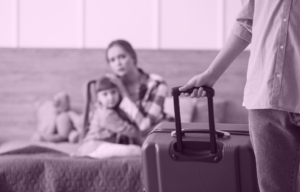Children are resilient, but that doesn’t mean that conflict won’t have an impact on them. While conflict between parents can have a negative effect on children of divorce, the bigger impact comes when the parent-child relationship is changed or threatened due to the conflict.
Parents who are stressed because of the conflict surrounding their divorce may be more apt to use more coercive discipline. Their expectations for their children also tend to be more inconsistent. These factors can cause distance in the parent-child relationship, which may lead to an increase in a child’s emotional or behavioral problems.
When a good parent-child relationship remains, it often acts as a buffer from the conflict between parents, leading to fewer negative emotional and behavioral outcomes. This is why continuing to nurture your relationship with your child is so important, despite what is going on between you and your ex.
Further studies have indicated that the custodial parent’s adjustment to the divorce often plays the biggest role in determining how a child will adjust. Whether you are the custodial or non-custodial parent, taking care of your physical and mental health can greatly impact how your children cope with a high-conflict divorce.
Children of a high-conflict divorce may benefit from their parents practicing parallel parenting versus co-parenting. Parallel parenting minimizes contact, thus reducing conflict. Parallel parenting requires a strong parenting plan and the willingness of both parties to follow it to succeed.
Surprising Statistics About Children of Divorce
With nearly half of all children in the United States coming from a divorced home, it’s expected that some negative effects may occur, but some of the effects themselves may surprise you.
- 28% live below the poverty level
- There’s a 16% increase in the rate of behavioral problems for children aged 7-14
- 31% drop out of high school
- Twice as likely to attempt suicide
- Four times as likely to experience difficulties interacting with their peers
- Three times as likely to need therapy for a mental health problem
- More likely to experience other health problems, like speech delays, illness, asthma, frequent headaches, and injuries
- ⅔ of long-term prison inmates are children of divorce
High-conflict divorces only amplify these statistics. However, there is hope. Children of divorce, even high-conflict divorces, who maintain a good relationship with one or both of their parents are less likely to experience these negative effects. You can make a positive impact on your child’s future by taking care of yourself and continuing to nurture your relationship with them.
Split.fyi is here to help you navigate parenting after divorce. Check out these helpful resources.




